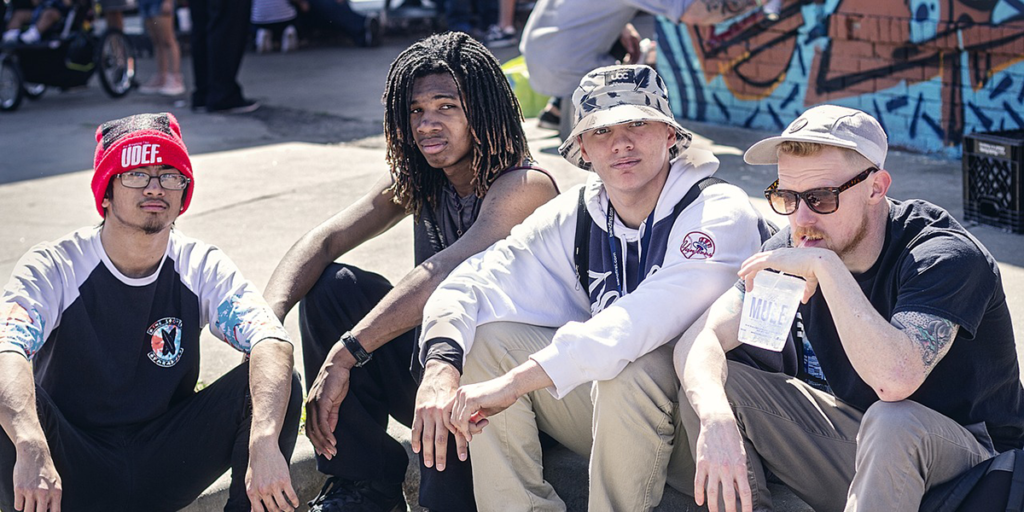Judgment vs Discernment, What is the difference?
Guest post by Jenni Prince and Deanna Kayyali (These women really know what they are talking about)
Sacred texts from all religions and cultures tell us not to judge. But how can we possibly have opinions and ideas without judging good and bad? Why should I concern myself with such idealism? What does it mean to be judgmental?
Judgment makes our hearts hard and unavailable to experience relationships fully. This isn’t unrealistic! Judgment can make our joints dry and painful, as well as harm other parts of our physical body. This take a toll on us being stuck in good and bad. Wake up now to understand how you can stop this unhealthy habit. How well we manage our time on earth is truly one of perception. Our internal dialog profoundly effects the energy which is created from within. The shift is a 180 degree from judgment to discernment, and the impact is huge.
Judgment: This is when we determine good or bad by projecting on another person, idea or situation as to having the power. It is making a decision based on an outward reaction. This reaction is based on past beliefs and we use our 5 senses and mind of prejudices and definitions to determine how we think. We make decisions based on the outward influence if our environment. In a way, we are blaming others or situations as to how happy or sad we feel (Good or Bad). We are using judgment if we use our mind to look at a situation and force our feelings to be justified by our thoughts.
VS
Discernment: This is not about good or bad, but instead, asks about “How do I feel?”. We use our 5 senses, and we use our intuition and “gut instinct” to guide our thinking. Feeling passes through the heart and this is where the discernment is found. We use our past beliefs and experiences here as well as in judgment. The difference is discernment is making decisions based on an inward influence, not the outward influence. Discernment is the result of “feeling” the facts before you and communicating with your God self through the heart. At no time are we suggesting that you deny the facts before you, it is a matter of how you process “is this a healthy place, relationship or decision for me to be in”. If you don’t feel safe in a situation or around certain people, this most likely is discernment not judgment. Align your thoughts to the feelings and act accordingly.

Example: We encounter a group of teenage boys who are laughing and kidding each other.
Judgment: – These teenage boys are loud and disrespectful. Groups of boys are usually up to no good. OR – I love teenage boys, they know how to enjoy friendships and have fun.
Discernment:- I don’t feel safe being around this group of boys, I feel ill at ease. OR – I feel comfortable around this group of boys. I feel joy in their presence.
We are responsible for how we feel, we should give no one else that power. The more we practice being in touch with how we feel, the easier it is for us to make clear choices. Discernment becomes much more challenging in group dynamics. For example, you are at a rally to protest abortion. Group energy creates a very powerful field of thinking and opinions. Often you will need to focus more deeply to find your truth and feel what is right for you. It is easy to get caught up in the heat of strong communication and lose touch with your true feelings. (Tribal power)
When we stop for just a moment and listen to the soft voice or feeling inside ourselves, we will find all the answers we need in that moment. Our higher selves have the “cheat codes”, learn to tap your truth there. Listen to the voice just before the thought. We are all capable and wired to do this, it is just a matter of attention to our thoughts. Before reacting, stop, be still and do nothing until your truth is clear.
“If you define yourself by good or bad, it is judgment. If you define yourself by if it is a healthy place for you to be, it is discernment.”
Note from Becky: Thank you, Jenni and Deanna, for this great insight.
